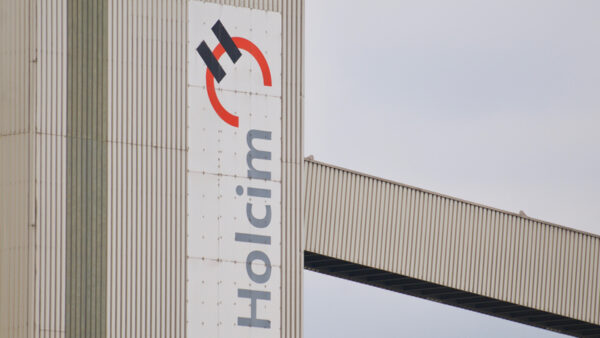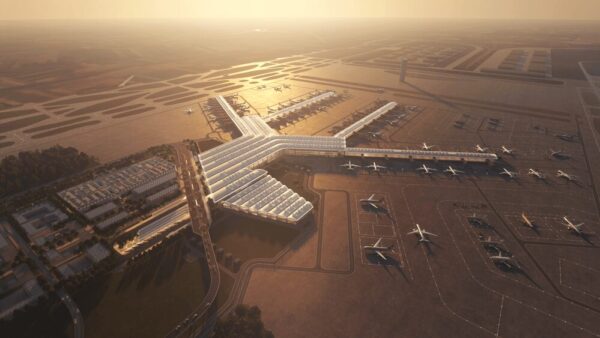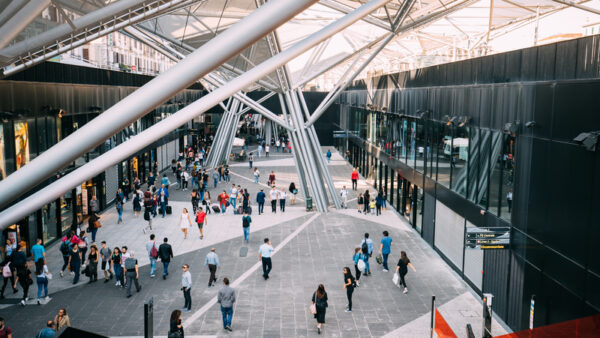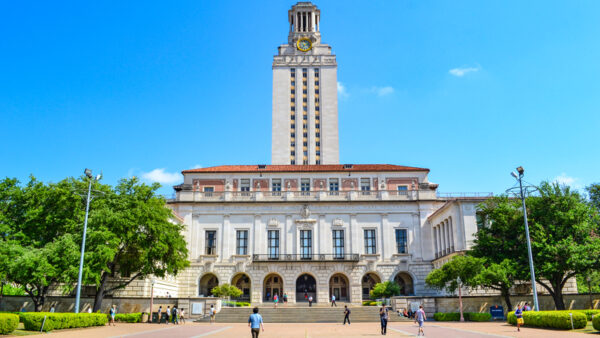Egyptian President Abdel Fattah al-Sisi’s dream of a gleaming new capital in the desert east of Cairo has been dealt a blow by the failure of negotiations with a Chinese developer that was going to invest $20bn in the scheme.
Officials in charge of delivering the vast New Administrative Capital said two years of talks with China Fortune Land Development (CFLD) fell through over how to share out revenue from the real estate element of the project.
Egypt wanted 40% but CFLD offered only 33%, said Khaled Elhusseiny, spokesman for the military-controlled company in charge of the scheme, the New Administrative Capital for Urban Development (ACUD).
“We found that to be unacceptable especially they were going to have a premium plot,” Elhusseiny told Bloomberg.
Talks were deemed at an end after the Egyptian side responded to CFLD’s final proposal on developing 6,070 hectares over 25 years in the new capital, and received no answer.
“We didn’t hear back,” ACUD chairman Ahmed Zaki Abdeen told Bloomberg. “The talks have stopped.”
We didn’t hear back. The talks have stopped– Ahmed Zaki Abdeen, ACUD chairman
CFLD signed a memorandum of understanding on the development deal in October 2016.
The apparent failure of the negotiations will fuel doubts over the commercial viability of Sisi’s grand vision, which he announced at an investment conference in March 2015.
Worried by overpopulation and congestion in Cairo, Sisi’s plan is to move the entirety of Egypt’s legendarily huge state apparatus, including 34 ministries and many foreign embassies, to the as-yet unnamed site marked out over 725-sq-km of desert 35km east of Cairo.
Officials imagine 6.5 million people will eventually be drawn out of the capital to inhabit the city, which they hope will be developed through a Dubai-style real estate business model.Â
However, critics of the plan point out that dozens of new desert cities launched in Egypt over the last 50 years now sit as ghost towns, and that the speculative real estate model creates dysfunctional spaces where ordinary Egyptians cannot afford to live. Â
Initially, Egypt counted on Gulf property investors to take the new capital plan forward but, when that did not materialise, Chinese builders and developers entered the scene.
In October last year, state-owned contracting giant CSCEC signed a $3bn deal to build a central business district in the new capital, featuring Africa’s tallest building.Â
Despite doubts in some quarters, the Egyptian military is pressing on with constructing the new capital.
On 10 December, ACUD’s Ahmed Zaki Abdeen said 45 local companies and 180,000 workers are building infrastructure there, and that $7.8bn (140 billion Egyptian pounds) is currently allocated for sewerage and other utilities.
Abdeen, a retired general, said the new capital would be ready to receive 34 ministries and 50,000 employees, as well as the presidency and parliament, by the end of 2020.
He added that an electrified railway would be built from Cairo to the new capital within two years, financed by a loan from China.
Image: Artist’s render of Egypt’s New Administrative Capital, planned for a 725-sq-km site in the desert east of Cairo (Courtesy of the Urban Development Consortium, UDC+5)
See also:






